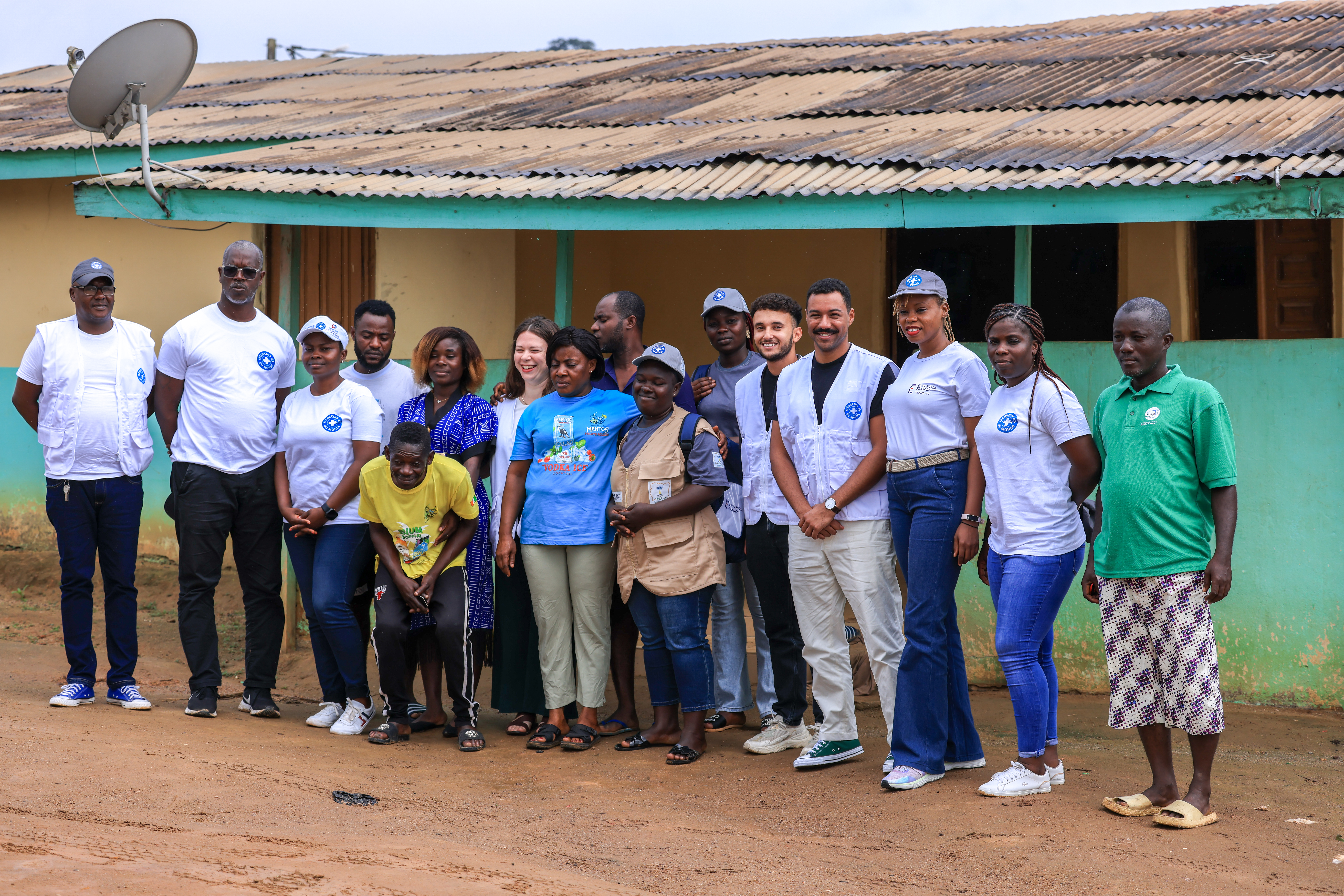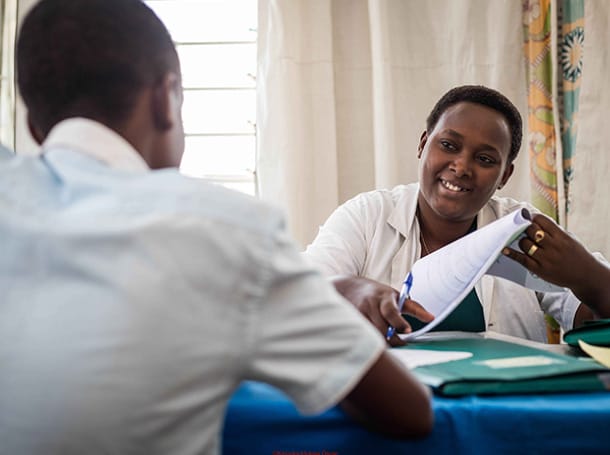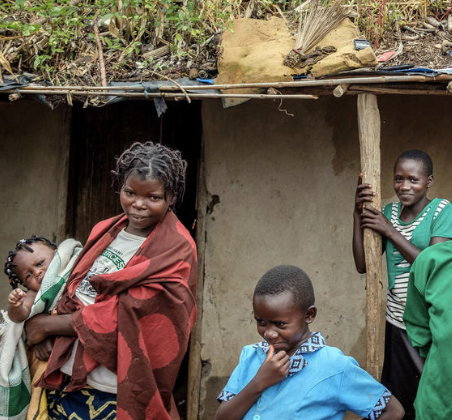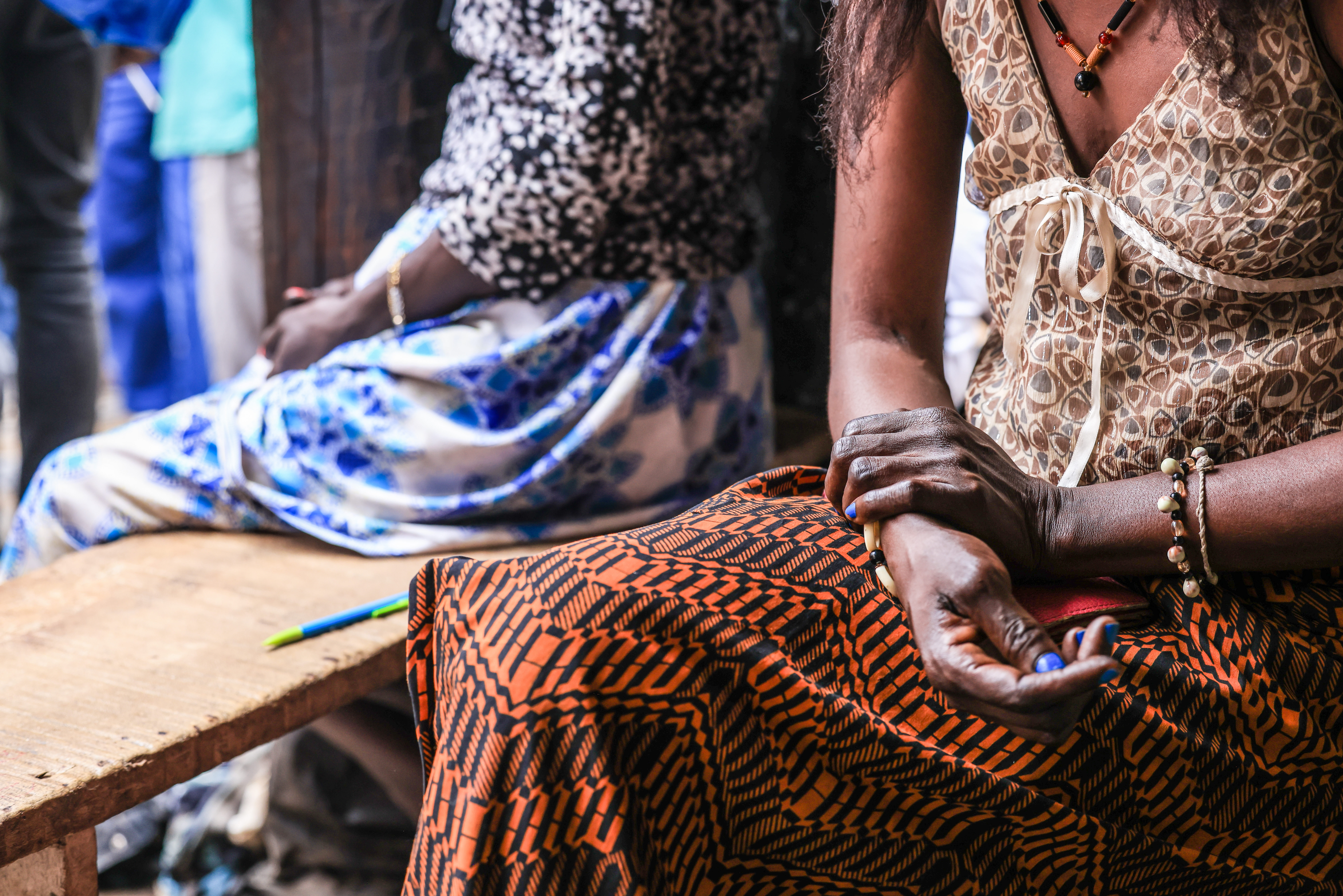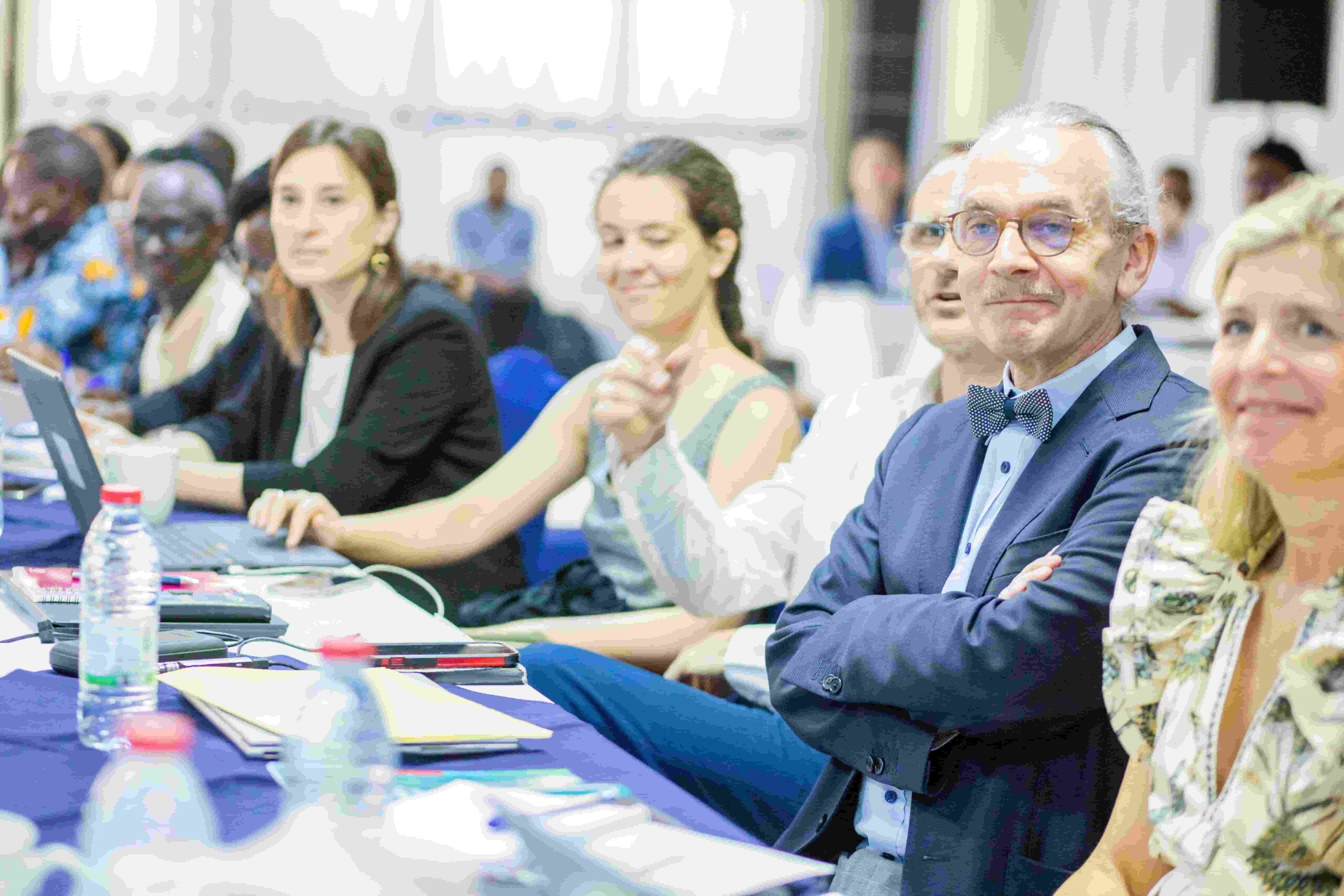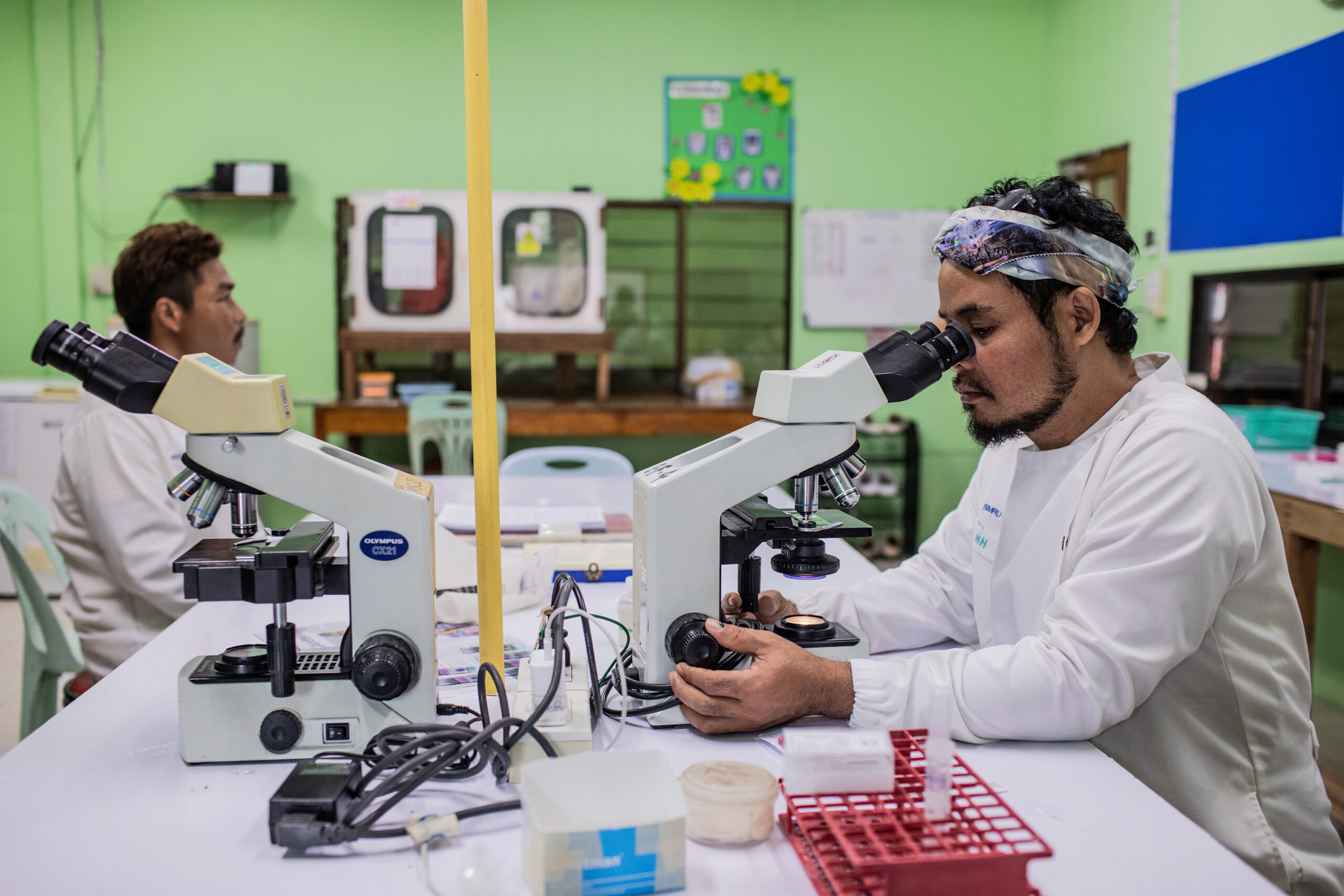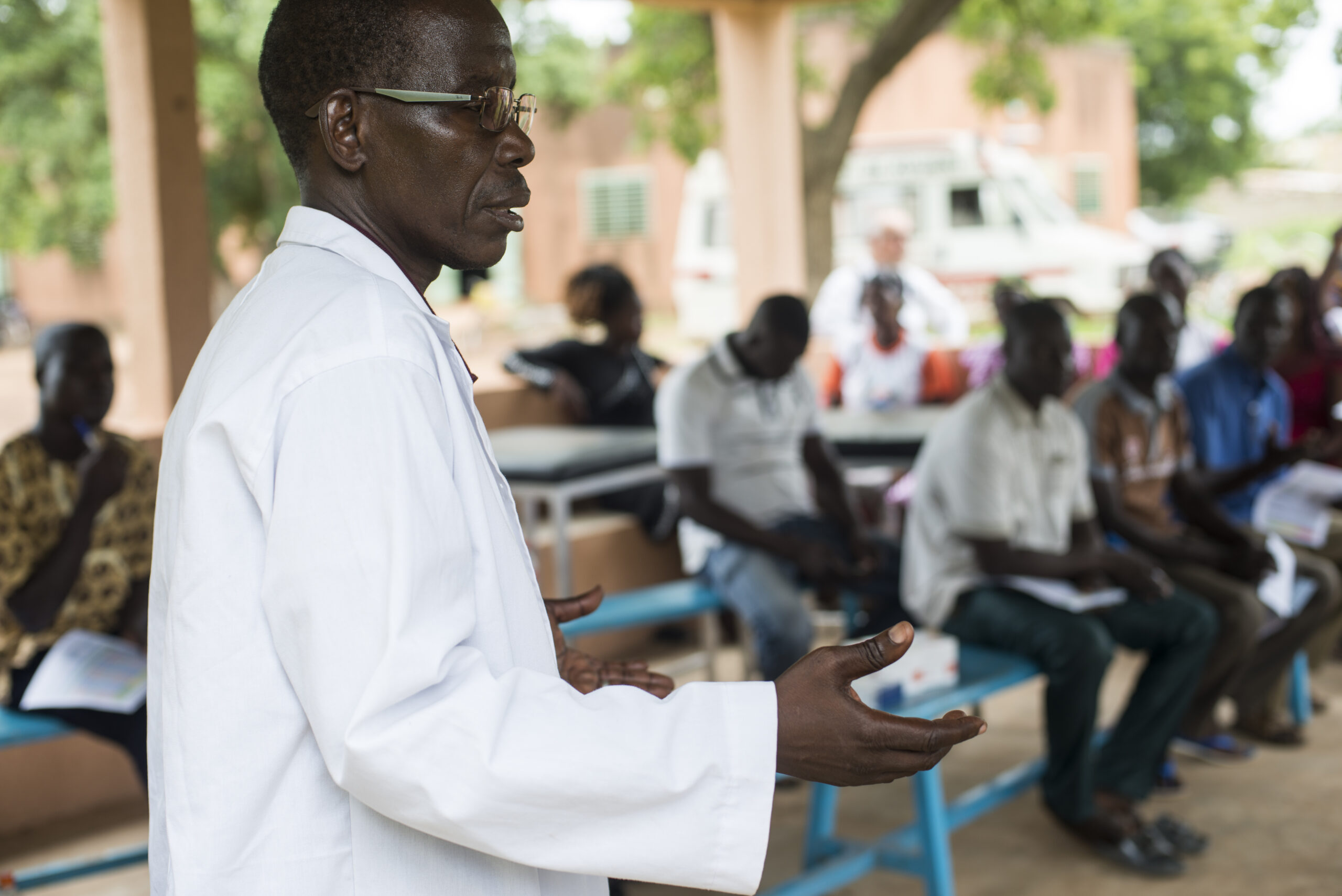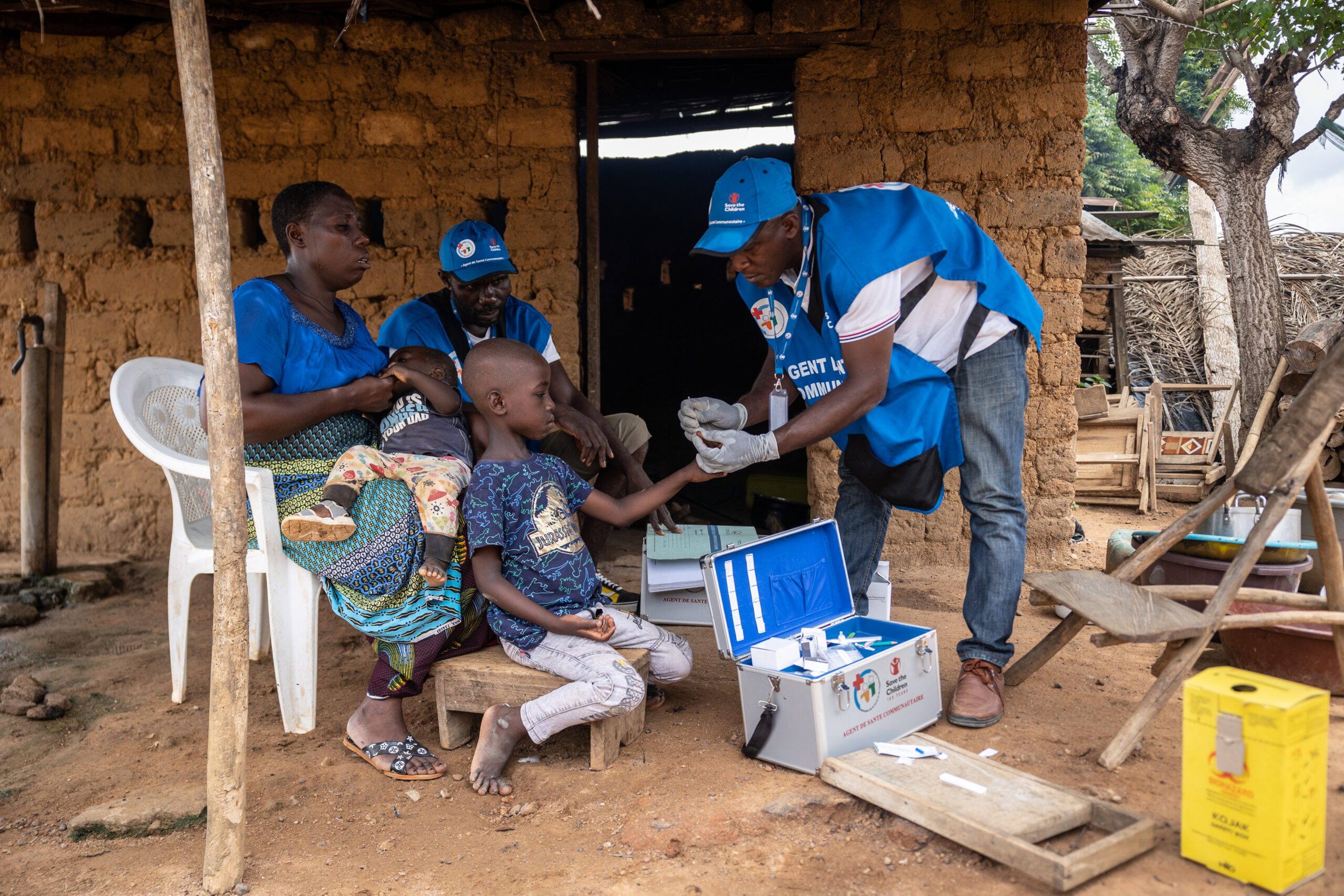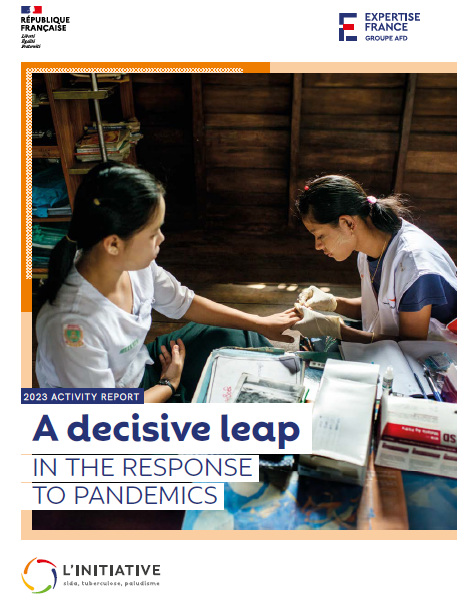L’Initiative, in partnership with Unitaid since 2020, supports the Scale Up Cervical Cancer Elimination with Secondary Prevention Strategy program, known as SUCCESS, implemented in about ten countries. Led by Médecins du Monde in San-Pédro, Côte d’Ivoire, this program fights cervical cancer through awareness, screening, and HPV management, thanks to the work of community health workers.
“Cervical cancer is the only preventable cancer,” summarizes Marie Bonnefois, Deputy General Coordinator of Médecins du Monde in Côte d’Ivoire. Yet, every two minutes, a woman dies from the disease worldwide, according to the World Health Organization (WHO). While cervical cancer is the fourth most common cancer among women, it ranks second in Africa, which accounts for 85% of global cases and has a mortality rate three times higher than in high-income countries. However, cervical cancer is preventable if detected early. “The earlier cervical cancer screening is performed, the better we can prevent the disease from developing,” adds Marie Bonnefois. This is a key focus of the SUCCESS program, which aligns with WHO strategies and Côte d’Ivoire’s national policies. In the country, five women are diagnosed with cervical cancer every day—protecting them is a public health priority.
Community Health Workers: a pillar of SUCCESS
The SUCCESS program is implemented through integrated approaches, with a strong focus on community-based interventions. It introduces human papillomavirus (HPV) screening via self-sampling, followed by the treatment of precancerous lesions using thermo-ablation.
Cervical cancer is caused by a chronic HPV infection, which, in some cases, leads to the development of cancerous cells if it persists. SUCCESS prioritizes early diagnosis through community awareness campaigns led by trained community health workers (CHWs). These key actors travel to rural areas with limited healthcare access due to a lack of infrastructure, ensuring that women receive the necessary information and screening for HPV.
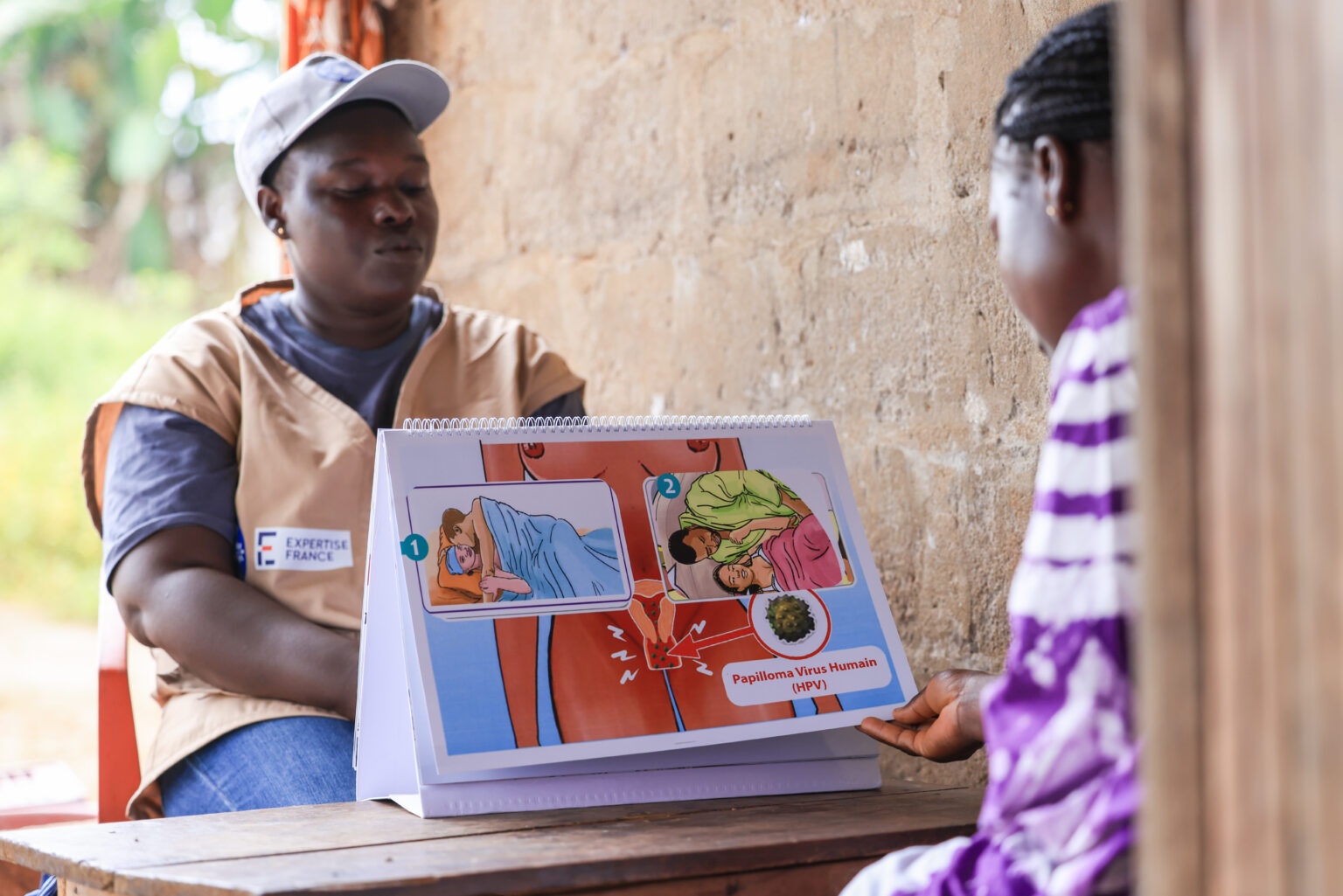
Soro Nagnandjo, a CHW in Pont-Néro, raising awareness about HPV and cervical cancer with a woman
Telling the story of community engagement
“We build trust with families so that every woman can know her HPV status. This is crucial for early disease detection,” explains Soro Nagnandjo, a CHW in Pont-Néro, a village in the San-Pédro department, in a documentary about SUCCESS activities in Côte d’Ivoire.
The documentary follows three CHWs in their awareness-raising and screening efforts within communities, including Yolande Guirobo, who was trained by Médecins du Monde and is now a CHW coach in San-Pédro. She highlights the importance of awareness efforts to encourage women to get screened: “In my community, women now rush to get their HPV test because they understand that detecting the virus and receiving care can prevent cancer.” CHWs play a key role in the healthcare system, especially in rural areas where access to medical services is limited due to a lack of infrastructure. They ensure that women receive vital information and screening opportunities, bridging the gap between healthcare services and communities.
Enabling Early Diagnosis
“CHWs act as a bridge between the community and health centers. They raise awareness among women and offer them self-sampling. If they agree, the CHW provides a swab and guides them in performing the test at home,” explains Nina Dablé, a CHW coach at the Terre Rouge maternity clinic in San-Pédro, in the documentary. The CHW then brings the sample to the health center for testing, ensuring that women receive timely screening and access to essential care.
If an HPV test is positive, the CHW informs the woman and refers her to a health center for further care. “At the center, a midwife performs a visual examination of the cervix to detect potential precancerous lesions. If identified, the midwife carries out thermal ablation of these cells to prevent cancer development,” explains Nina Dablé. This painless and effective treatment is particularly crucial for women living with HIV, a key target group for the SUCCESS program. Due to their weakened immune systems, they are six times more likely to develop precancerous lesions and cervical cancer. For those who are not on antiretroviral treatment or started it late, the disease is especially deadly.
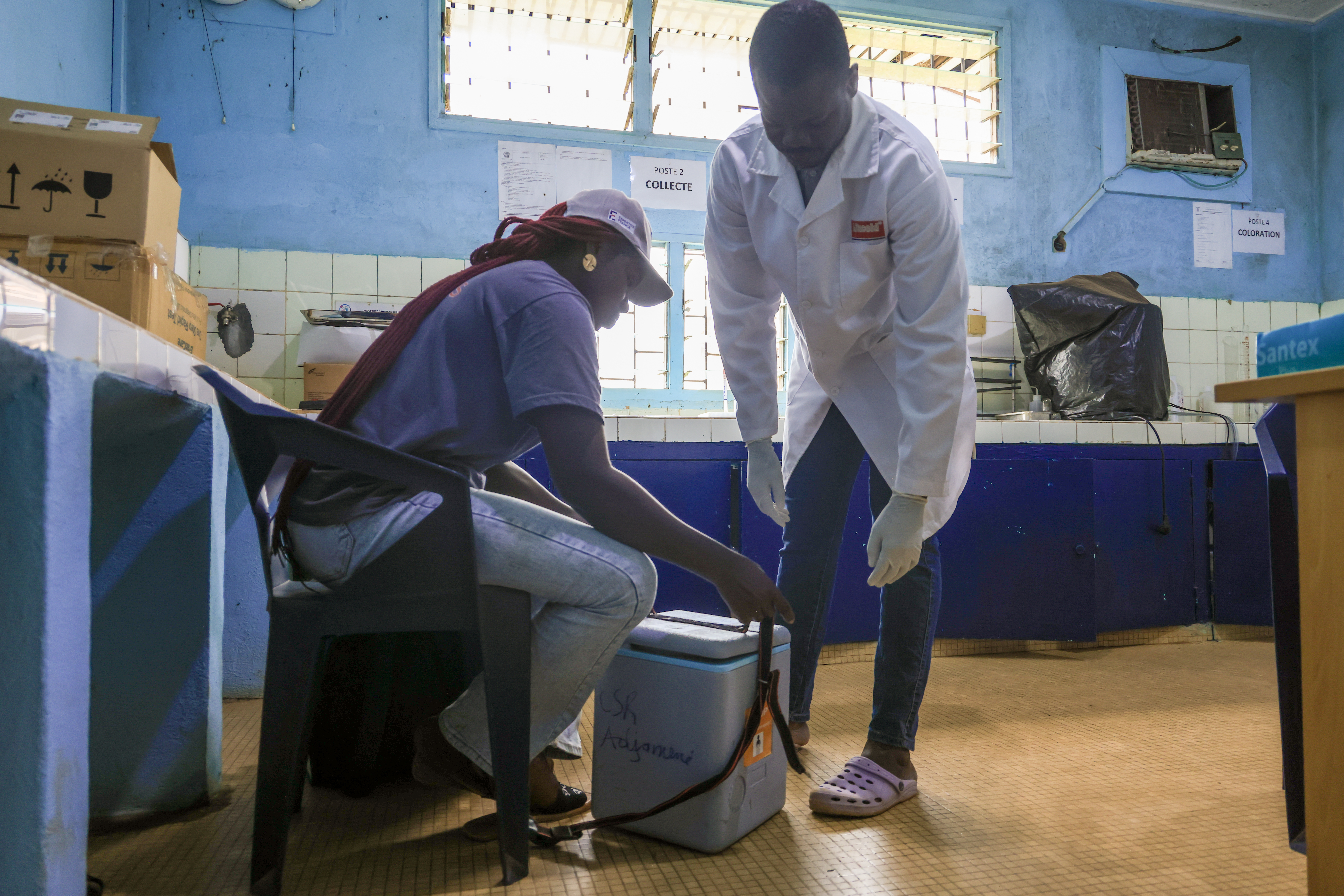
Yolande Guirobo, CHW in San-Pédro, delivering samples for analysis
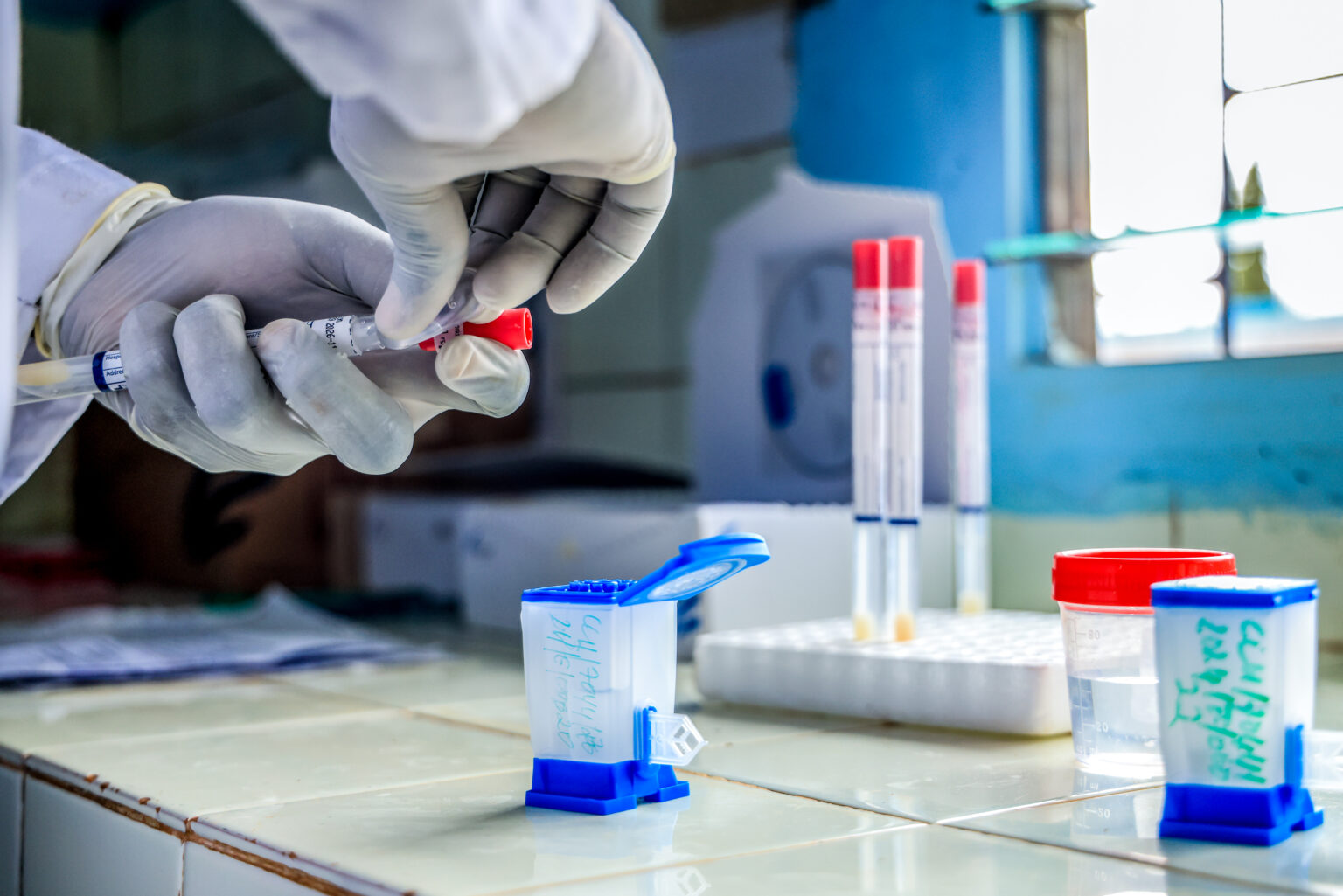
Analysis of a self-sample at the San-Pédro health center
The Continuation of the SUCCESS Program
In its first phase, SUCCESS was implemented not only in Côte d’Ivoire but also in Burkina Faso, Guatemala, and the Philippines, with initial funding from Unitaid. Between June 2021 and March 2024, 184,987 women were screened, including 125,699 who underwent primary HPV testing, 12% of whom were women living with HIV. The initial target of 175,000 women was met and even exceeded. This innovative integrated health pathway has demonstrated the feasibility and acceptability of self-sampling as a means to improve healthcare access. SUCCESS has also worked alongside national vaccination programs to educate screened women about HPV vaccination, encouraging them to have their daughters vaccinated.
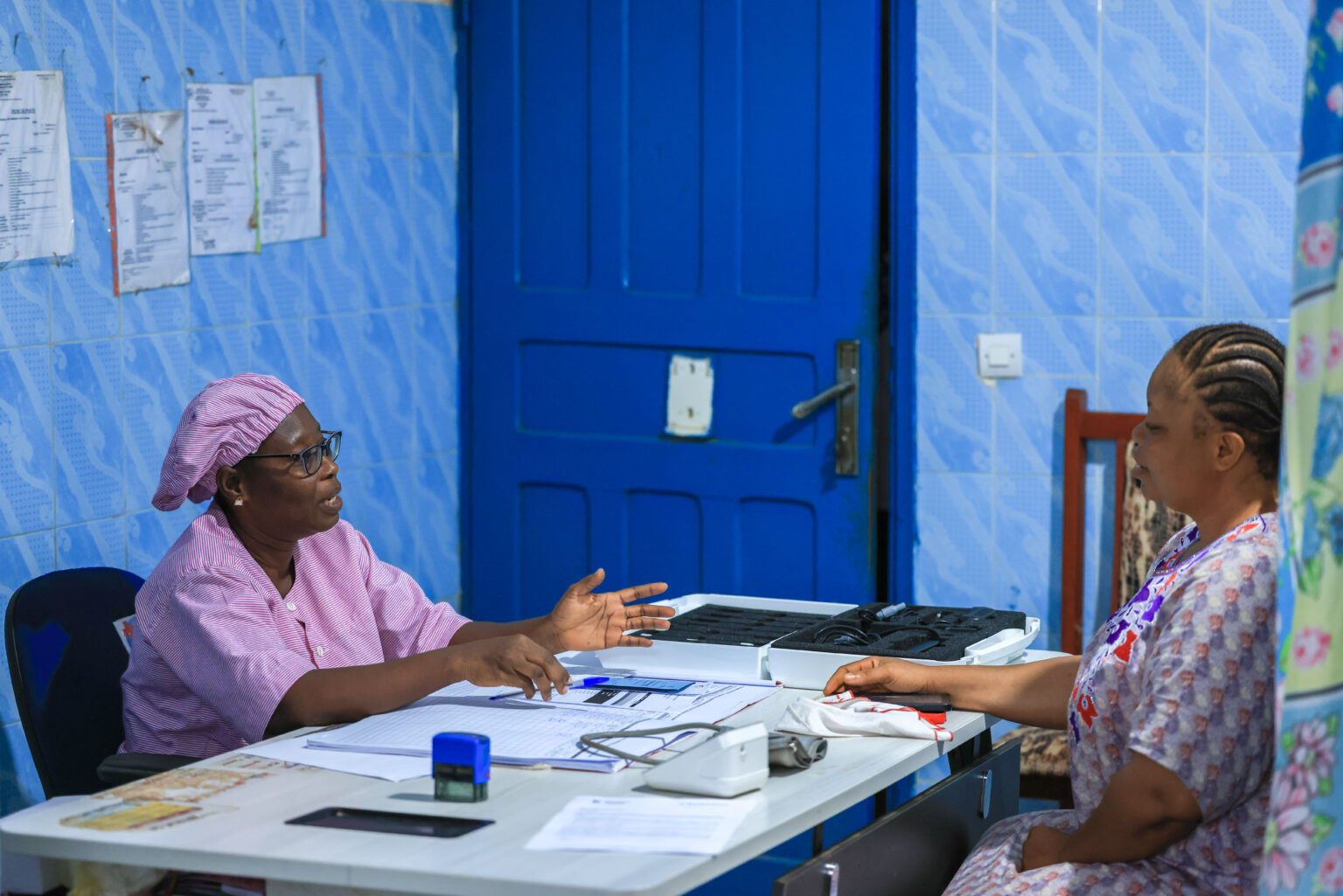
A patient consults a midwife at the San-Pédro health center
Persistent Challenges for the Second Phase
Building on lessons from the first phase, SUCCESS 2 was launched in 2024, aiming to scale up in Côte d’Ivoire while expanding its activities to Benin, Burundi, Cameroon, Ghana, Guinea, and Togo.
SUCCESS 2 also seeks to strengthen health systems through advocacy efforts to engage local health authorities. Additionally, the program incorporates a strong advocacy component at the global, regional, and national levels, aiming to mobilize funding and influence public policies for secondary prevention of cervical cancer.
The goal is to integrate secondary prevention and cervical cancer control into national health policies, with a special focus on ensuring comprehensive care for women living with HIV.
